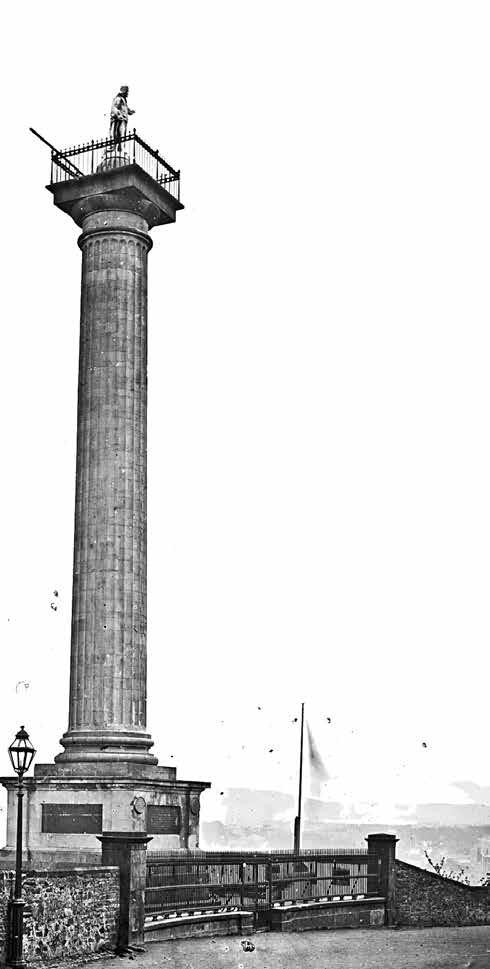Irish lawyers thrust into
legal limbo BY LLOYD GORMAN Exactly 100 years ago (June 1920), Irish lawyers were in unchartered territory and unsure of the legality of the changed circumstances Ireland found itself in, as this piece published recently by The Law Library of the Bar of Ireland shows. “In 1920 the War of Independence was raging across the country and the Irish bar was not unaffected by events,” the Law Library article states. “At a meeting of the Council on 23rd June 1920 one issue in particular was to put barristers at the centre of the struggle between those who would retain the current status quo and those who were looking to create a new Ireland. The issue was the newly established tribunals, later known as the Dáil Courts, and their effect on the practice of barristers at the time. Bottom: The Four Courts in Dublin as it appears today. Inset: The bombardment of the courts in 1922.
“The tribunal referred to here is a reference ad hoc tribunals set up by local leaders within communities to arbitrate disputes where people no longer wished to go through the court system. Throughout 1920 groups of volunteers within communities all over Ireland began to come together to form policing groups, taking on roles previously carried out by the Royal Irish Constabulary such as dispersing riots, policing fair days, investigating criminal acts and conducting trials. By May of 1920, Austin Stack, under the auspices of Dáil Éireann, had circulated details of agreed arbitration procedures to be organised in districts and parishes throughout Ireland. These would become known as the Dáil Courts. It seems that in June 1920 a barrister approached the Bar Council to find out if it was lawful or otherwise for barristers to appear before one of these ‘tribunals’. The Council contacted the Attorney General, Law Advisor to the Lord Lieutenant of Ireland and the Solicitor General for their opinion and were informed by telegram that each felt that barristers appearing such a tribunal ‘are guilty of professional misconduct’. Interestingly the Incorporated Law Society of Ireland at the time resolved that they saw no objections to solicitors appearing at these tribunals to protect their clients interests. The Bar Council resolved on 23rd June 1920 “that it is professional misconduct on the part of any member of the Bar to appear before such tribunals.”
Four Courts in firing line Much worse was to come. The Irish Civil War started with an attack on the institution of the Irish courts service. On April 14 1922 the Four Courts in Dublin - home to the Supreme Court, Court of Appeal, High Court and Dublin Circuit Court, which were preceded by the Chancery, King’s Bench, Exchequer and Common Pleas - was stormed and occupied by some 200 “irregular” soldiers, - including Sean Lemass, a future Taoiseach (Prime Minister) opposed to the 1921 Anglo-IrishTreaty (declared law on December 6 1921 by
THE IRISH SCENE | 16









































